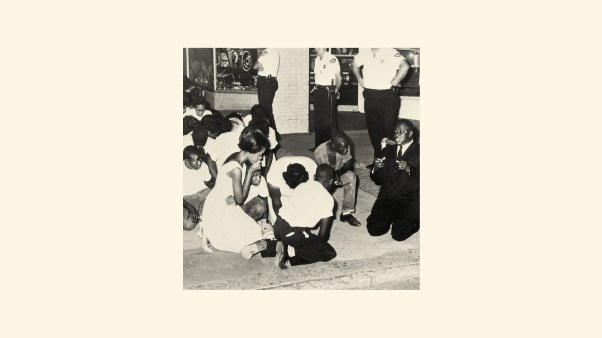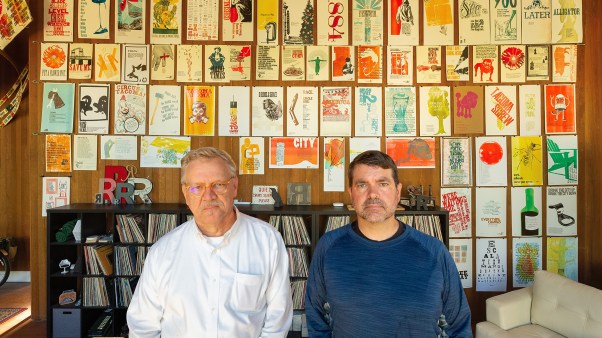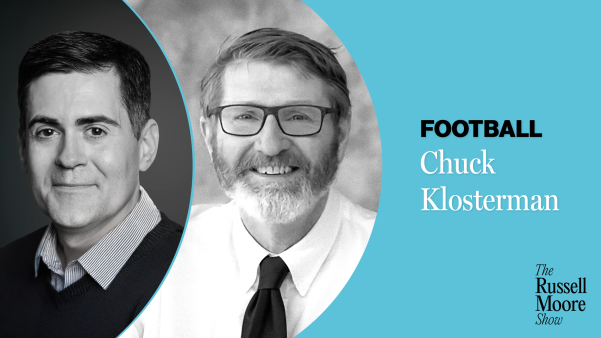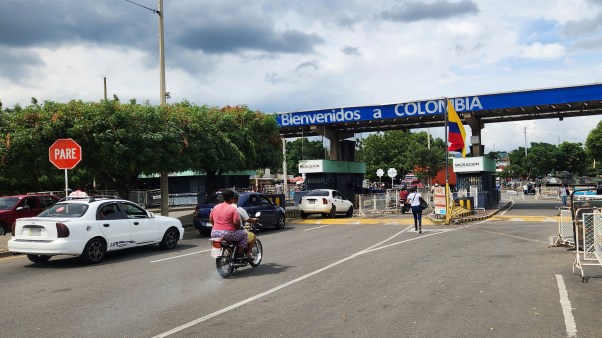Leadership editor Marshall Shelley is in Atlanta this week for the Catalyst Conference, where 9,000 mostly younger leaders of churches are meeting to discuss ministry in today’s culture. Here’s his first report.
The conference officially begins tomorrow. Today was filled with “labs,” 15 seminars on topics ranging from “Passion” (led by pastors Eugene Peterson, Craig Groeschel, and Mark Buchanan) to “Culture” (writers Andy Crouch and Lauren Winner, and the National Endowment for the Arts’ Erik Lokkesmoe) to “Mission” (Shane Claiborne, Mike Foster, and Gary Haugen).
Right now I’m sitting in the balcony of the Performing Arts Center, where in a few minutes an informal “unplugged” session will feature a conversation between neo-church pastors Chris Seay of Ecclesia in Houston and Rick McKinley of Imago Dei Community Church in Portland, Oregon, and a Rwandan pastor whose name I don’t know.
I heard McKinley for the first time this afternoon when he presented a lab on “This Beautiful Mess: a conversation on the Kingdom.” Most people, especially the Catalyst crowd, know McKinley as “the pastor of the church where Donald Miller of ?Blue Like Jazz’ goes.” So I was somewhat surprised that Miller’s name was never mentioned during the introduction or the hour-long session. But McKinley didn’t need any borrowed credibility.
To the crowd of 300 or so, he offered a concise and provocative discussion of the relationship of the church to the Kingdom of God. This was theology, imminently practical theology.
“As pastors, we are tempted to build the church,” he said. “So we send out postcards to targeted Zip codes and we promote church programs.” But that misses the point, he argued. “Our job isn’t to build the church. We’re supposed to BE the church, and build the kingdom.” He emphasized that the kingdom is to be experienced NOW, on earth, as Christians exemplify godly living, but he also pointed out, as the recent school shootings demonstrate, that the kingdom is also “not yet.” God’s kingdom won’t be realized in its fullness as long as such sin characterizes our world.
He identified why many U.S. churches don’t “get” the kingdom. The first reason is our individualistic culture. Ours is a “me and Jesus” spiritual life, disconnected from Creation, environment, relationships, and our surrounding community. Another reason is our tendency toward dualism: church vs. culture; sacred vs. secular; spiritual vs. physical. And ignoring the integration of those elements.
McKinley acknowledges the importance of Christ’s atonement for the forgiveness of individuals, but as he emphasized, “The best expression of the church is NOT what happens on Sunday morning. It’s what happens in the world during the week. And that’s not something you can market.”
His most provocative statements focused on the Christian’s calling to love their neighbors, even if those neighbors don’t respond to Christ or clean up their act. He told of his church’s messy efforts to love those with addictions, mental illnesses, and other conditions that aren’t easily cleaned up.
“We’re not called to change people’s behavior; we’re called to love them whether they change or not. It’s up to God to change them.”
After the lab, hallway conversations were discussing how you can “love the addicted” without “enabling” their dysfunction and thus perpetuating their addiction.
If this is indicative of the level of conversation, this year’s Catalyst is embracing both theology and practice, and getting to the heart of the Christian calling.








